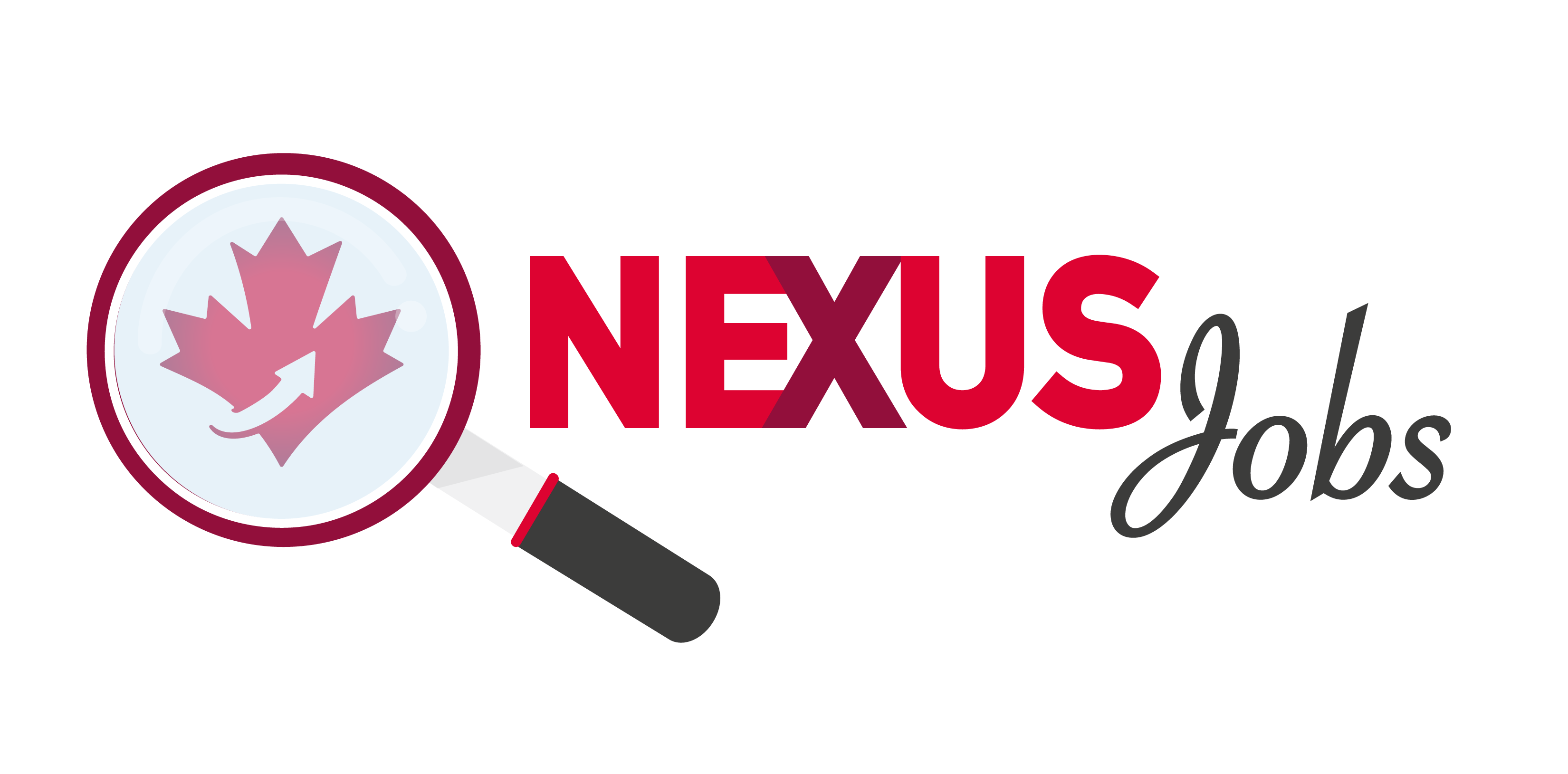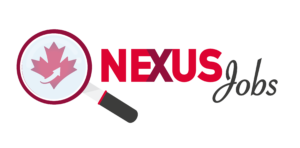- Candidates FAQs -
R : Canada has bilateral agreements with several countries in the world, in Latin America with Mexico, Peru, Colombia, Chile, Costa Rica, and Panama. If your country of origin qualifies and you have a job offer, you need that your major or area of specialization is in the list of occupations noted in the International Agreement, as well as a letter from your employer where they mention the position, activities to perform, salary, location of the company, and time of offer, among others.
R : There is no regulation that forbids a visitor to look for a job. The most important restriction is that you will not be able to start working until you have the required authorization.
R : Changing your status from visitor to worker depends on what type of Canadian work permit or visa you are going to process. If the Canadian work permit or visa is by means of bilateral agreement between Canada and the country of origin, you have the option to apply within Canada. Moreover, there is a new pilot program valid through February 2023 that allows a tourist (no matter what country they come from) in Canada who gets a job offer to go from tourist to foreign country without leaving Canada.
R : LMIA or Labor Market Impact Assessment is a process performed by the Canadian employer in which they basically request for authorization from the Canadian government to hire a foreign worker. In this process, the Department of Employment and Social Development of Canada assesses the job offer given to the foreign worker.
The requiremens to get a job permit in Canada are:
- Have a job offer in this country;
- Getting a copy of the Labour Market Impact Assessment (LMIA) generated by ESDC;
- Getting validation of a job offer if your work visa is exempt from obtention of LMIA, e.g. candidates from countries that have Free Trade Agreements with Canada.
- Proving you fulfill the necessary requirements to perform the job;
- Proving you fulfill the language requirements (French of English, according to offered job).
- Proving you fulfill the legal requirements to enter Canada;
- Fulfill other specific admission requirements.
R : They’re short-term labor opportunities offered by business entities in Canada to foreign individuals. Each job position offered must be previously authorized by the Department of Employment and Social Development of Canada (ESDC).
R : Qualified: Jobs that require academic formation in certain areas or disciplines
Non qualified: Jobs for which manual abilities or some degree of experience or technical preparation is required, such as customer service in hotels and recreation centers, handling of machines, jobs for farm workers, etc.
R : There are specific documents that must be presented in order to work in Canada. Nevertheless, most of the process follow the following pattern:
- You must look for a job offer that matches the academic formation or technical abilities of the person.
- The person must make sure that both the employer and the job to be performed meet the guidelines established by ESDC.
- You must request for a temporary work visa.
- You must request for the job permit.
R : Yes, it is possible to find jobs in Canada without knowing English or French or with minimal knowledge of these languages. Nevertheless, there are not many available positions or companies nor companies that hire people who speak neither of the two official Canada languages.
For this reason, our recommendation is to study French or English before applying for a job in Canada in order to get a better paid job in Canada and with more benefits.
R : No, in Canada we can get a job since 18 and there is no maximum age limit for working in Canadian law.
No, Canadian eTA is a mandatory requirement for short duration trips into the country, for citizens that come from countries that don’t need a tourist visa to come to Canada ( e.g. Mexico, Chile, and, in some cases, Brazil). Canadian eTA does not authorize permanence as a permanent resident, nor does it replace a job permit.
See our NSJ blog : Les emplois les plus en demande au Canada en 2022.
R : We have chosen some of the best web pages where you can find job offers in Canada.
- Linkedin – We couldn’t leave aside the social network to find a job. You’ll find here job offers in cCanada trat appear in Linkedin.
- Canadajobs – Here you’ll find a lot of job offers to work in Canada as well as information on how to prepare your résumé or how to handle job interviews.
- Jobsincanada – It is a job search page; you can perform searches in all the country or choose by categories or cities.
- Simplyhired – It is another job search page used in Canada.
- Opciones empleo – A meta job search page that groups job offers that appear for working in Canada from several web pages.
- Job Bank – It is a web page from the government of Canada where you can find job offers and information about the job market.
- Kijiji – It is another job search page you can use to find a job in Canada.
- Workopolis – One of the most popular job search pages in Canada.
- Monster – This giant job search page can also be found in Canada.
- Jobbook – It is a job search page that connects people who look for a job in Canada with the main recruiters.
- Job-applications – Through this portal, you can locate companies that are choosing staff, as well as look for different categories.
- Eluta – It is a job search page with technology to look directly in the employer’s web.
- Engineers Canada – It is a web portal devoted to look for job offers only for engineers in Canada.
R: NSJ web page link: Las claves para redactar tu CV al estilo canadiense.
R: No, here at Nexus Jobs we have as a mission to connect to connect Canadian employers with their potential foreign workers, we invite you to check the job offers posted in our web site, as well as to send your application for it to be part of our bank of candidates for future job offers.


